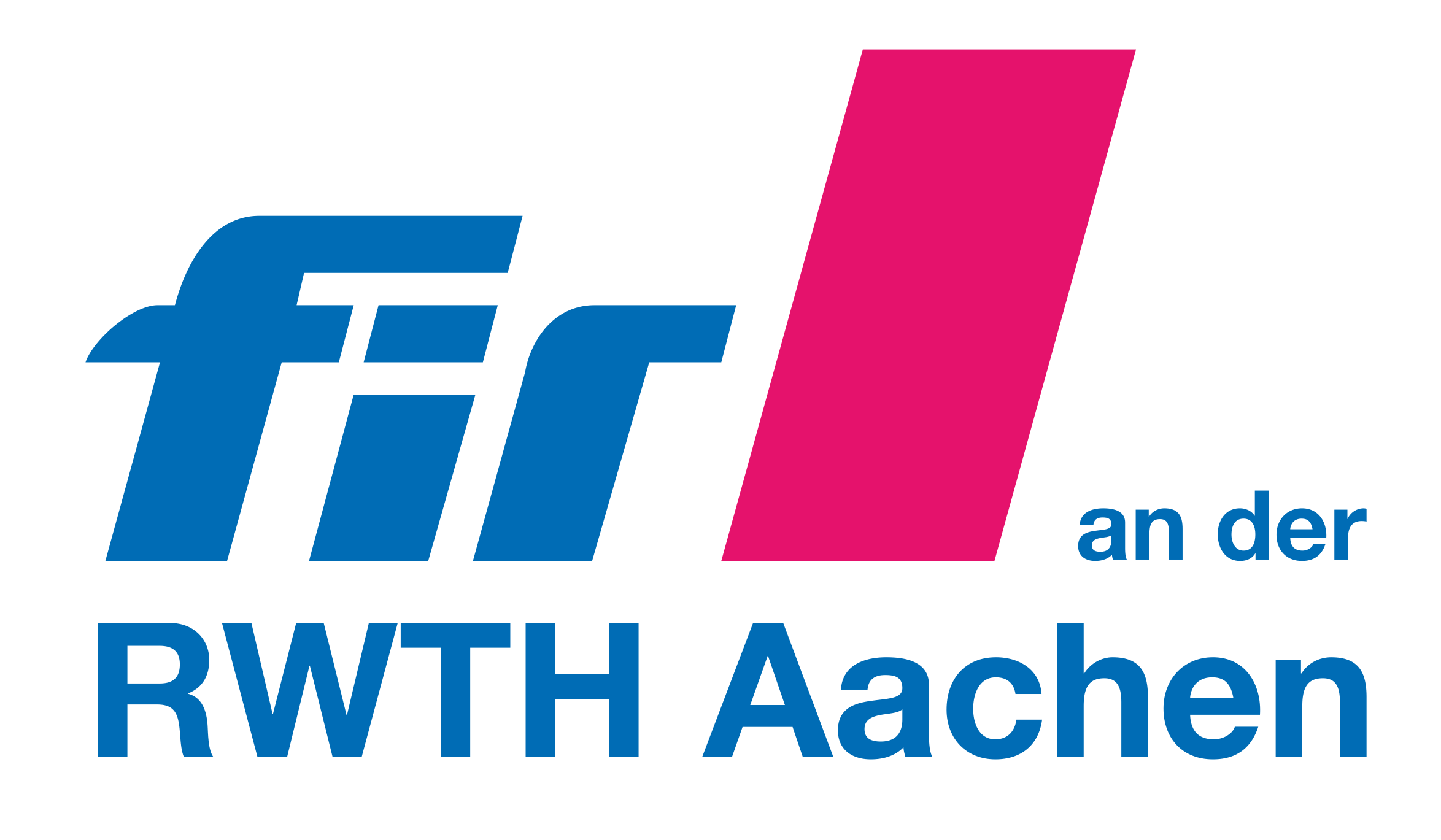Information Logistics
Decision-Making Based on Data
Digital, agile and learning companies identify and leverage the potential of data and information in business processes.
Networked digitalization is leading to a steady increase in data volumes at all corporate levels. It is becoming increasingly difficult to interpret this information for decision-making in business processes. Companies miss the opportunity and the potential of digital transformation to make faster and better decisions based on the analysis of available data. For this reason, they are required to build up and design structures and capabilities for managing the resource "information" by means of higher-level information logistics.
Key research areas of the Information Logistics Division
In order to support companies with challenges in handling information along the entire value chain, the Information Logistics unit develops specific strategies and methods that make information flows in business processes manageable from the source of information to the point where it is needed. The provision of information through suitable data-, IT- and organizational structures plays a central role here. FIR's Information Logistics unit develops comprehensive solutions in this field, from the aggregation of data through quality validation and analysis to the user-centric provision of information.
The objective of the division is to plan and optimize the use of the resource "information" throughout its life cycle in companies by integrating information technology, business processes and information flows.
Research question
How must information logistics in companies be designed to ensure efficient and effective use of the resource "information" throughout its entire life cycle for decisions in business processes?


